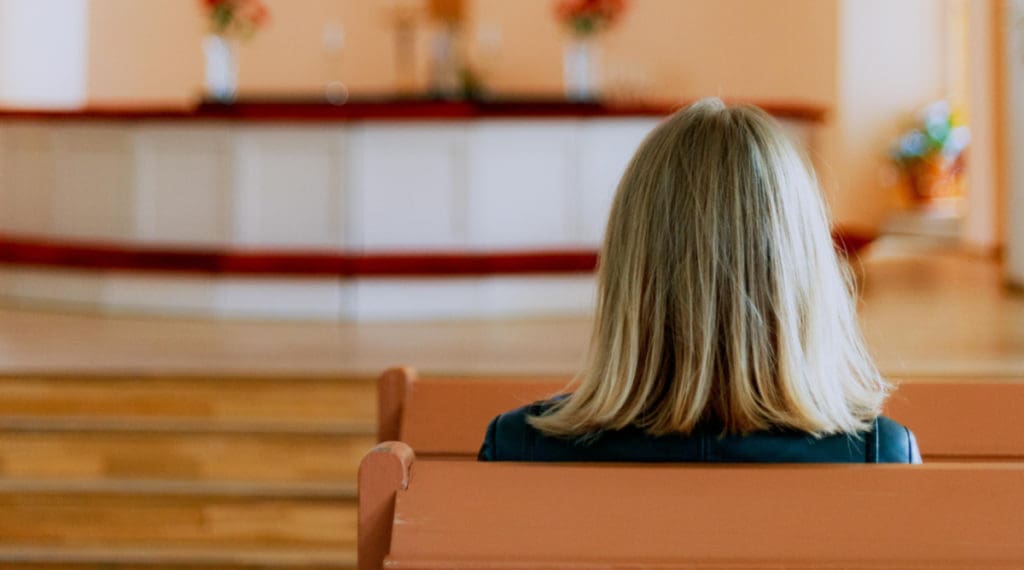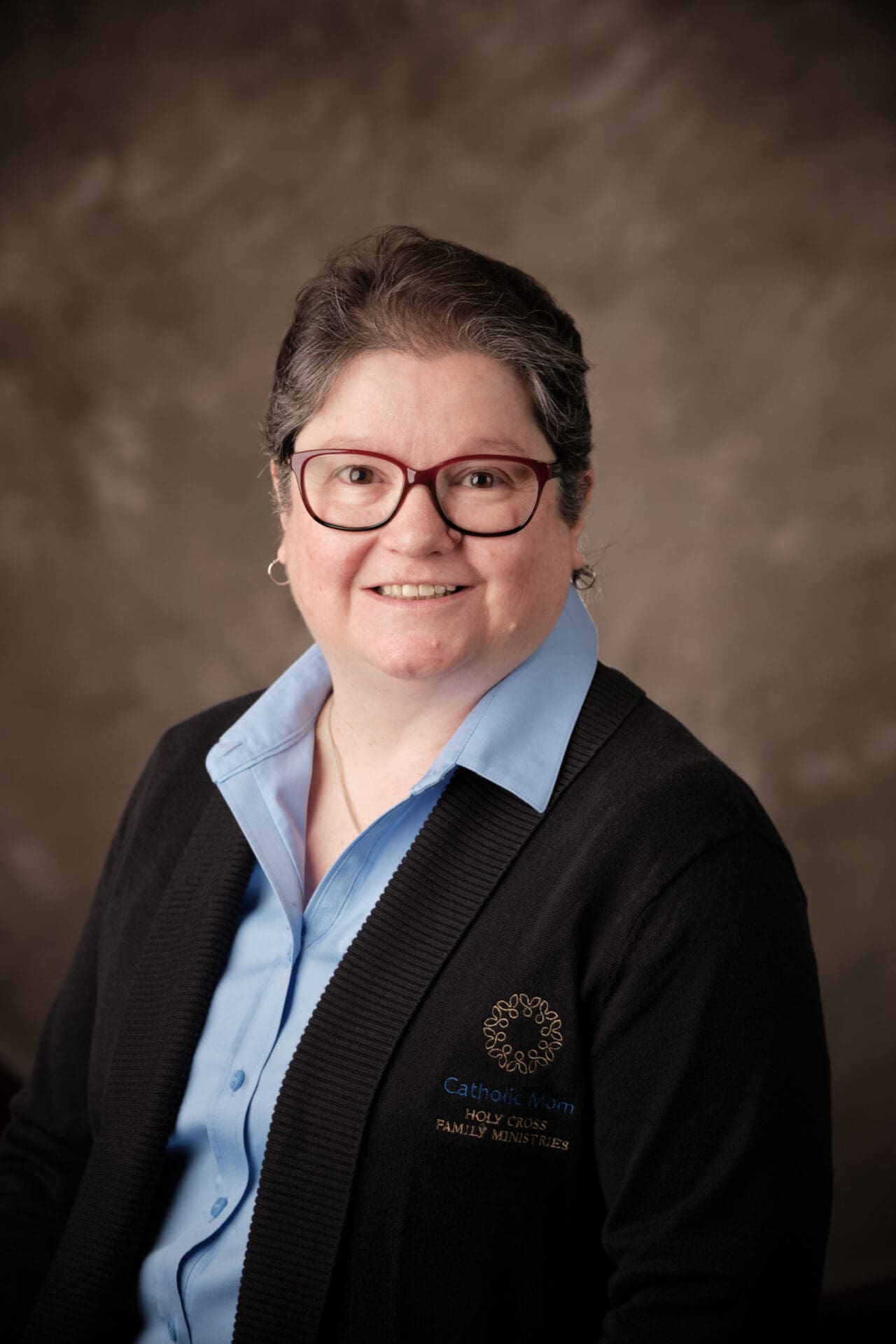When people ask me how I became a Secular Franciscan, they usually seem disappointed in my answer. I grew up around Franciscans; my uncle is a Franciscan priest, and we were active in parishes staffed by Franciscan friars and religious sisters. I had three generations ahead of me who modeled devotion to St. Anthony of Padua and prayed the Stations of the Cross daily.
I’ve been steeped in Franciscan spirituality my whole life. Once I discovered that there are Secular Franciscans in my own parish, I began attending meetings, then joined the next session of formation classes that helped me learn about the Secular Franciscan Order and discern whether that was the right step for me to take. As profession in a Third Order is a lifetime commitment, this requires more thought and prayer in the decision-making than the joining of other groups within the parish.
During my formation, I learned a prayer that I still pray daily: St. Francis’ Prayer Before the Cross.
Most high, glorious God, bring light to the darkness of my heart.
Give me right faith, firm hope, and perfect charity, with wisdom and insight, O Lord, that I might always discern Your holy and true will.
Sr. Francis is famously shown in art surrounded by birds and cute little animals. But ultimately, it’s not the birdbath but the humility that draws me to St. Francis.
Franciscan spirituality is not primarily an environmental spirituality: it’s incarnational. It’s all about how God humbled Himself to be born in the lowliest of circumstances and live among us, and die for us in the most excruciating, humiliating way. St. Francis united himself so closely to living the Gospel life–in the footsteps of Jesus–that his own body bore the same wounds as Christ’s did on the Cross.
Being Franciscan, following St. Francis who strove to follow Christ, is all about conversion. All the rest flows from that.
While all Secular Franciscans follow the same call, to live a Gospel life in the spirit of St. Francis of Assisi, every Secular Franciscan follows this call differently, according to his or her own abilities and state of life.
Twenty years ago, when I was professed as a Secular Franciscan (this involves making a solemn lifetime promise to incline my heart daily toward living that Gospel life) I had two children under the age of ten and was expecting my third. The way I stumbled toward living the Gospel life every day looked very different from the way I continue to stumble today, though today’s stumbles are much more likely the result of tired knees than stepping on forgotten Legos. And as my path today is not the same as the now-retired deacon, the primary-school teacher, and the homebound widow who are among the Secular Franciscans I meet with regularly.
Secular Franciscans meet in groups called “fraternities” and we truly do feel that we are a family. At fraternity gatherings, we pray together, usually praying the Liturgy of the Hours; we learn together, because our formation as Franciscans–our conversion–will never be complete until we finish our journey on this earth; we serve together; and finally, we make sure to enjoy the company of our brothers and sisters in Franciscan life.
On our own, our priority is to ask ourselves how we can better turn toward God and serve Him in our daily life. Secular Franciscans are expected to pray Morning and Evening Prayer from Liturgy of the Hours each day.
Because Secular Franciscans seek to “go from the Gospel to life, and from life to the Gospel,” daily Mass has become a major part of my own spiritual practice. I like to read the Mass readings ahead of time and have the opportunity to ponder them on my own, maybe jotting down a sentence or two in my journaling Bible about what the readings, particularly the Gospel, have to say to me on a particular day.
Being a Secular Franciscan is a witness to my family, my fraternity, my parish, and my community; there’s definitely a responsibility there, and that’s humbling. Sometimes we might think that being a Secular Franciscan is all for ourselves. But it’s not–in the same way as being a Catholic is not all for ourselves either.
We wear our Tau cross, the symbol of the Secular Franciscan, as a sign of our faith. But wearing that sign means that we are expected to live our faith, to know our faith, and to share our faith. We’re not meant to grow just for our own personal benefit, but to reach out to others as well. It’s part of being “salt for the earth and light for the world,” as we are all called to be.
What does it mean to be a Franciscan in today’s world? Among other things, it means that we decide to serve rather than to be served; to “rebuild the Church” person by person, and to witness that people are more important than things.
And it means that we seek to surround ourselves with others who are striving for the same goal.
Are you interested in becoming a Secular Franciscan? My advice to you is to pray, learn, and visit. Pray about whether this is the path for you. Learn by asking Secular Franciscans you know, and visiting SecularFranciscansUSA.org. And visit fraternities near you–more than one fraternity, if you are able. You and they will be discerning whether that fraternity is right for you.
Image courtesy of Unsplash.




